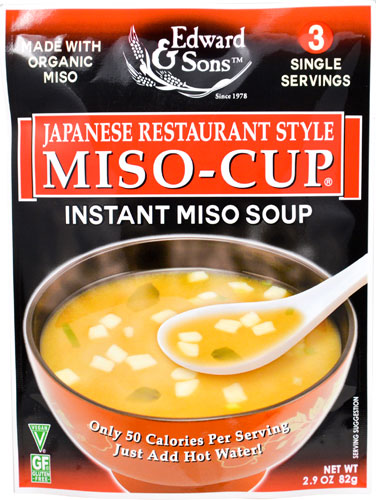You need enzymes to break down the food you eat and allow food to be efficiently absorbed through the small intestine, enter the bloodstream and nourish all your cells and organs. Of course, your body produces its own digestive enzymes throughout the entire digestive system. But age and lifestyle can reduce the body’s ability to produce a sufficient supply. While a digestive enzyme supplement can certainly be a smart addition, you can also rely on help from the enzymes in food itself.
Here are some examples of enzymes in food:
Honey and Bee Pollen
Honey is an excellent source of digestive enzymes. It contains enzymes that help break down proteins (proteases), carbohydrates (amylase) and sugars (sucrose). It may seem odd that something as sweet as honey helps break down sugars, but honey breaks down sucrose into simple glucose that the body uses as a source of energy. Bee pollen also contains amylase and a host of other enzymes.
Raw Fruits
Many raw fruits provide digestive enzymes that assist in the digestion of proteins, carbohydrates and sugars.
Avocados (yes, they are fruits!) provide healthy fats, but they also contain lipase, the enzyme that helps break down fats. Thanks to their enzymes, avocados can reduce the discomfort of indigestion.
Bananas contain amylase and maltase. Amylase aids the digestion of carbohydrates, while maltase breaks down complex sugars into simple glucose.
Kiwi contains acitinidin, which helps break down proteins, especially those found in red meat, eggs, dairy and fish. Kiwi and eggs for breakfast, anyone?
Mango also delivers amylase. This enzyme breaks down starches into maltose, a disaccharide (two-sugar molecule) – just another good reason to snack on mangoes.
Papaya contains proteolytic enzymes, such as papain. This enzyme breaks down the peptide bonds (protein chains) that hold protein fibers together. It is especially helpful in breaking down tough muscle meats into individual amino acids.
Pineapple contains bromelain, a complex mix that includes cysteine proteinases. Like the name suggests, cysteine proteinases aid in the digestion of proteins.
Fermented Foods
Fermented vegetables contain live enzymes, making them a great addition to any diet.
Sauerkraut is one of the best fermented vegetables. Choose raw sauerkraut, shredded cabbage fermented in its own juices, because pasteurization reduces the level of helpful enzymes.
Soy sauce aids in the digestion of proteins and carbohydrates. Made from fermented soybeans, water, salt, yeast and wheat, it is best without added coloration. Other good sources of digestive enzymes include miso, made from fermented soybeans, rice or barley. Tempeh is also a good source, made by a natural culturing and controlled fermenting of soybeans that binds them together, usually purchased in slices.
Yogurt and kefir are both fermented and support healthy digestion. They contain lactic acid bacteria that produces lactase, an enzyme that helps break down lactose, the milk sugar.
Fungal-Based Digestive Enzymes
To ensure food is thoroughly digested and can provide its full nutritional benefit, digestive enzymes must survive and be able to function all the way through to the small intestine. Fungal-based digestive enzymes can survive the stomach’s acidity and function in the small intestine.
However, enzymes that function well in the small intestine may not function as effectively in other parts of the system. That’s why it’s ideal to have a blend of enzymes that work in a wide range of pH levels.
Enzymedica's Thera-Blend™ enzymes function in pH ranges found throughout the entire human body. The signature Thera-Blend™ utilizes a unique process that combines multiple strains of highly purified microbial derived digestive enzymes. Thera-Blend™ offers a broader range of digestive enzymes than any food or simple digestive formula can provide. Multiple strains of protease in the Protease Thera-Blend™, for example, can break down many layers of protein bonds, enabling better digestion and absorption of proteins.
Depending on the health focus, Enzymedica digestive support supplements may include Amylase Thera-Blend™, Cellulase Thera-Blend™, Lipase Thera-Blend™ or Protease Thera-Blend™, which can be found alone or in combination with one another.
A diet rich in healthy food, with plenty of raw fruits and vegetables, can deliver a good supply of digestive enzymes. For additional support, choose digestive enzyme supplements with targeted formulas, like Enzymedica’s Digest Gold or Digest Spectrum.




